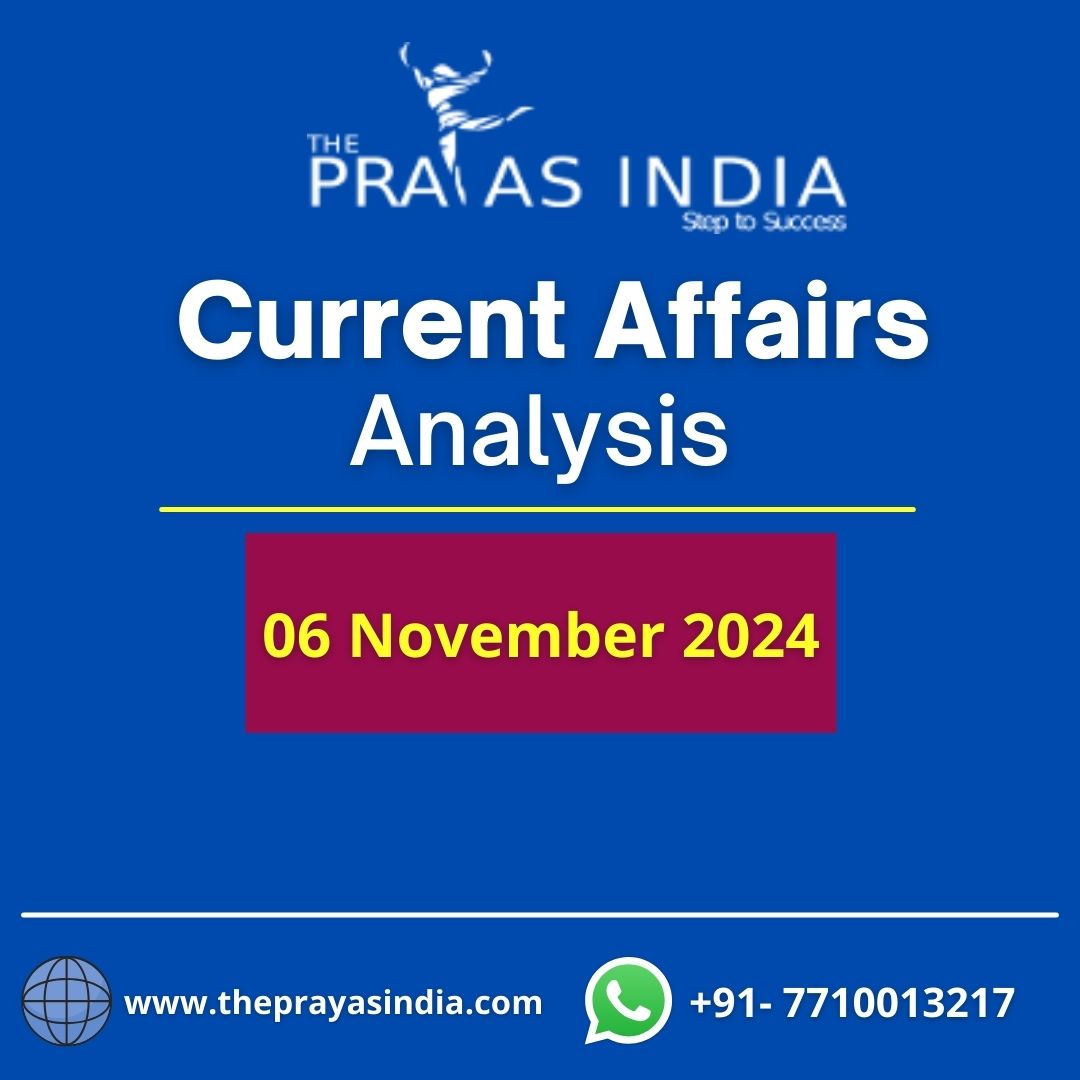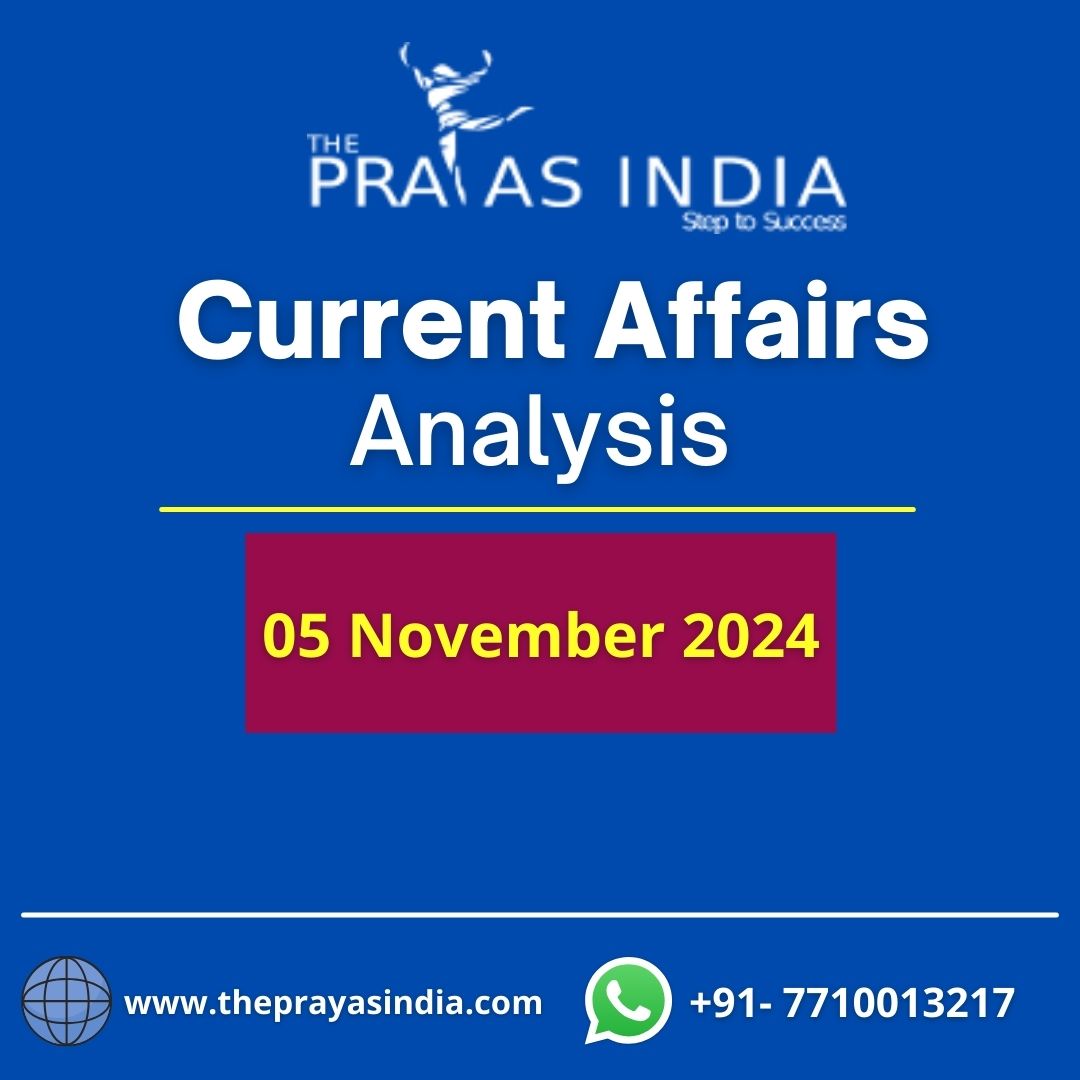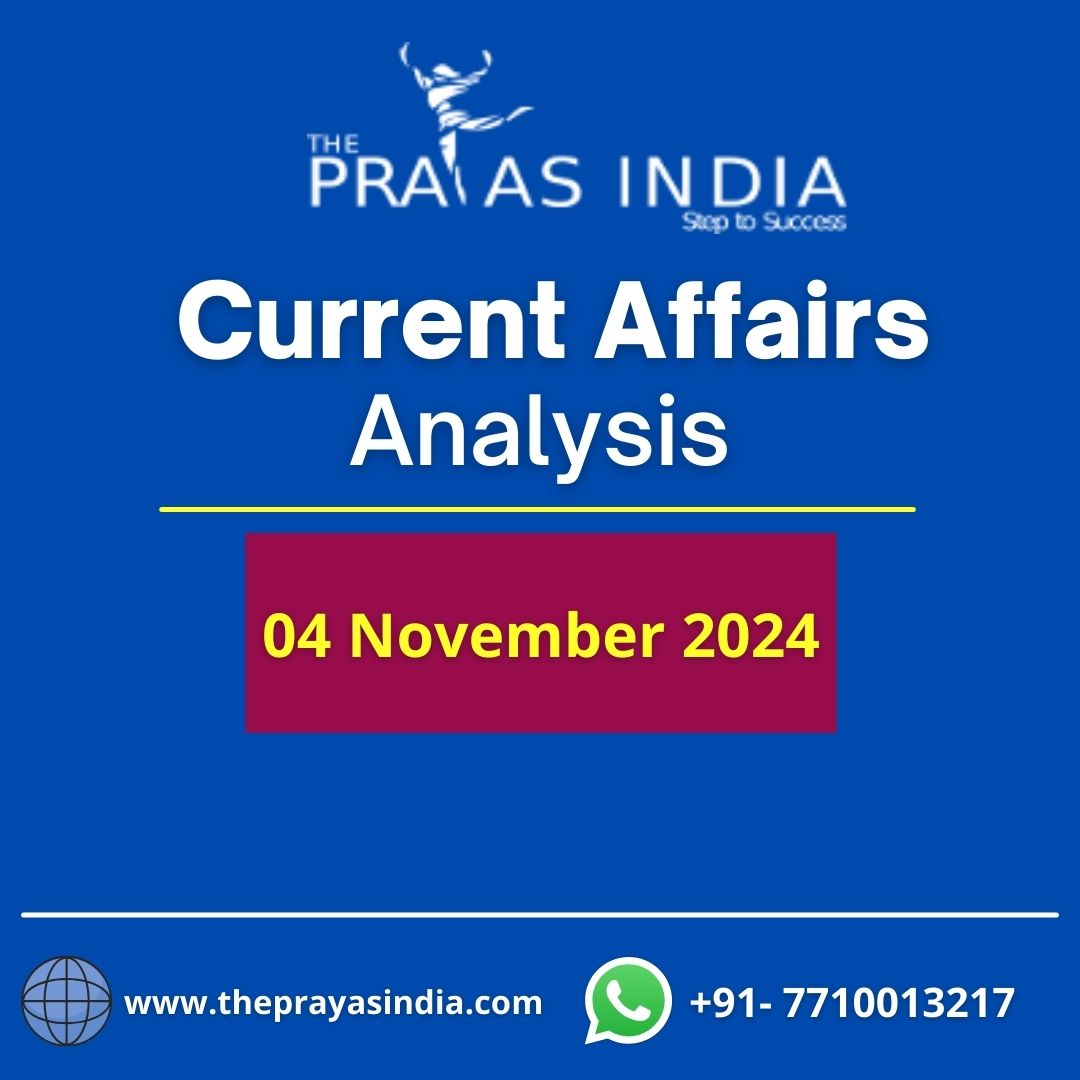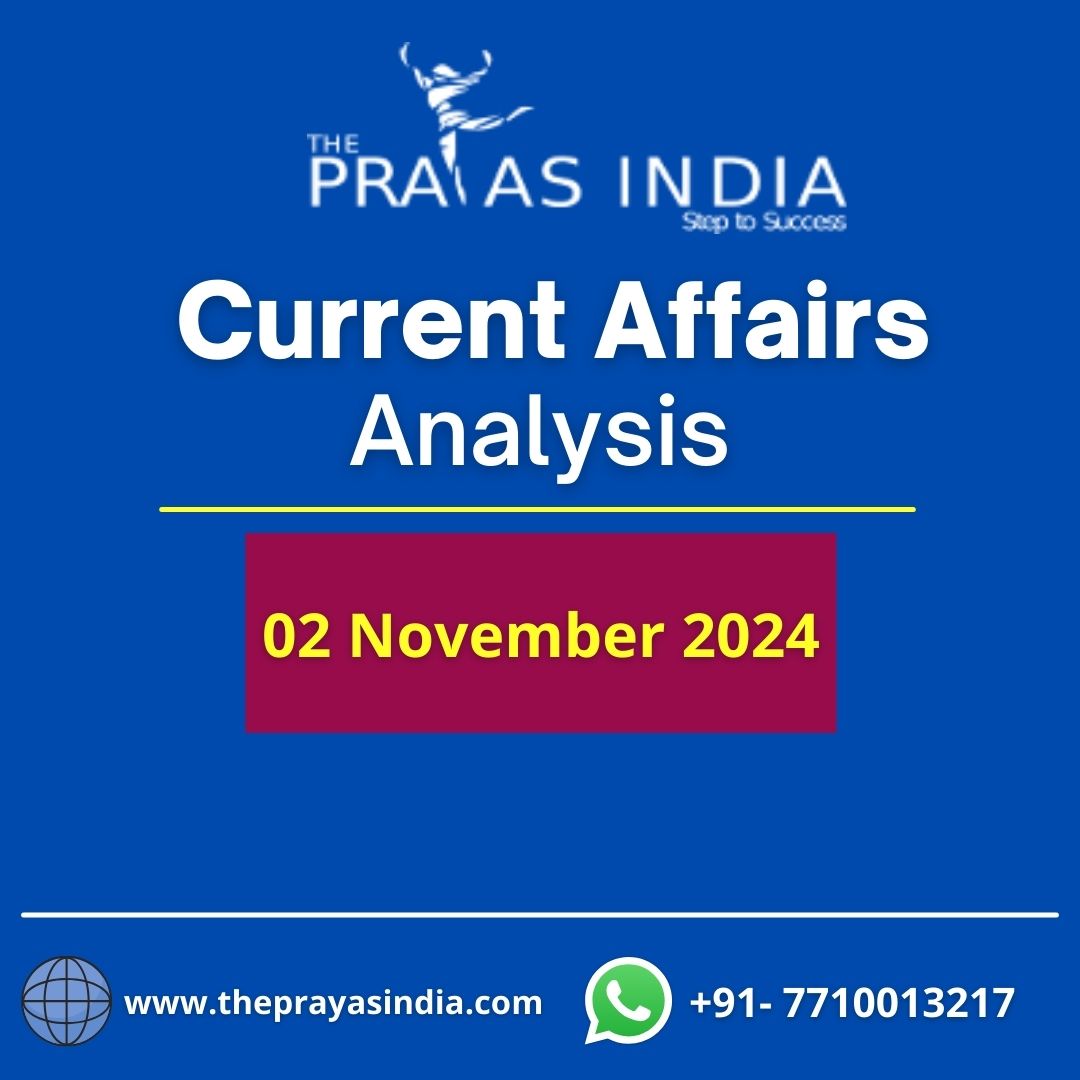DAILY CURRENT AFFAIRS ANALYSIS
1 – Details of the SCO Joint Counterterrorism Exercise: GS II – International Issues:
Context:
- In an effort to stop extremist, separatist, and terrorist online activity, the Shanghai Cooperation Organisation (SCO) member states’ authorities recently carried out a cooperative counterterrorism exercise with the assistance of the SCO’s Executive Committee of the Regional Anti-Terrorist Structure.
- This exercise, which was hosted by India, aimed to reduce the use of the Internet by extremists, terrorists, and separatists.
- A new democratic, just, and reasonable international political and economic order is what the Shanghai Cooperation Organisation (SCO) seeks to advance. It is a permanent intergovernmental organisation. It was produced in 2001.
- After being signed in 2002, the SCO Charter came into effect in 2003.
- Membership: Kazakhstan, China, Kyrgyzstan, Russia, Tajikistan, Uzbekistan, India, Pakistan and Iran.
Source The Hindu
2 – TIWB Initiative: GS II – International Issues:
Context:
- An important stride forward in international collaboration in tax matters is India’s participation in the Tax Inspectors Without Borders (TIWB) programme, which aims to strengthen the tax administration of Saint Lucia, an island nation in the Caribbean.
- For this 12- to 18-month programme, India has been selected as the Partner Administration and will supply Tax Experts.
- The Organisation for Economic Cooperation and Development (OECD) and the United Nations Development Programme (UNDP) jointly launched the TIWB initiative.
- The goal is to improve Saint Lucia’s tax administration through the transfer of technical expertise, with an emphasis on the efficient application of the Automatic Exchange of Information (AEOI) provided by the OECD under the Common Reporting Standard (CRS) framework.
- The OECD Council authorised the establishment of the CRS in 2014 in response to a G20 request, and it requires countries to share yearly financial data that is gathered from their institutions.
- The categories of accounts, taxpayers, and financial institutions’ due diligence processes are described in this framework. Its global goal is to stop tax evasion.
Source The Hindu
3 – Details of the Indira Gandhi Peace Prize: GS II – Government Policies and Interventions:
Context:
- Daniel Barenboim and Ali Abu Awwad were just jointly awarded the Indira Gandhi Prize for Peace, Disarmament, and Development for 2023 for their efforts to unite the youth and peoples of Israel and the Arab World in support of a peaceful resolution of the Israel-Palestine conflict.
- Barenboim is a renowned classical pianist of Argentinean descent, and Awwad is a notable Palestinian peace campaigner who has been promoting a peaceful settlement of the region’s protracted conflict.
What does the Indira Gandhi Prize for Development, Peace, and Disarmament entail?
About:
- Since 1986, the Indira Gandhi Memorial Trust has honoured former Indian Prime Minister Indira Gandhi with the annual Indira Gandhi Prize for Peace, Disarmament, and Development.
- The award recognises individuals or organisations for their remarkable contributions to world peace, disarmament, and development.
- One of the greatest awards in the field of peace and development, the prize is given out every year.
- It includes a citation and a financial reward of 25 lakh rupees.
Categories:
- Three criteria are used to award the prize: development, disarmament, and peace.
- Standards for Acknowledgment:
- The honorees are selected on the basis of their outstanding and persistent work towards addressing important international issues pertaining to development, disarmament, and peace.
- Their effort ought to show that it has a beneficial effect on the global community and advances human welfare.
Source The Hindu
4 – Coup attempt in Sierra Leone: GS II – International Issues:
Context:
- Following a failed coup attempt, Sierra Leone, a country in West Africa, is caught between an economic downturn and political unrest.
- Since Sierra Leone is a part of the Economic Community of West African States (ECOWAS), the organisation and its member nations will intervene to uphold constitutional order in the event that a security issue should occur in the future.
- What Are the Elements Affecting Sierra Leone’s Unrest?
- Political instability: Political turmoil was brought on by the President’s reelection in June 2023. The other side disputed the outcome, claiming that it was manipulated. Opposition contestation led to a legislative boycott until October 2023.
- Economic instability: The issue is exacerbated by a high cost of living and extreme poverty.
- As a result of the President’s worsening economic policies, there were protests and calls for his resignation.
- Police Aggression: Resentment has been stoked by the government’s use of force, including live gunfire, to quell protests and jail riots.
Which are Sierra Leone’s salient facts?
- Sierra Leone shares a border with Guinea and Liberia on the North Atlantic Ocean. The nation is located on West Africa’s southwest coast.
- Freetown is the capital.
- Languages: Krio and English.
- The tallest mountain in Sierra Leone is Mount Bintumani, commonly referred to as Loma Mansa.
- The climate of Sierra Leone is tropical.
- Mountains in the east, a highland plateau, forested hillsides, and a mangrove swamp coastal belt define Sierra Leone’s topography.
- One of the participants in the International Solar Alliance is Sierra Leone.
- India sent a 4000-person Indian military contingent to the UN Mission in Sierra Leone (UNAMSIL), making it one of the first nations to participate in the mission.
- Coup in Niger (2023).
- Sudanese crisis (2023 and 2021).
- Burkina Faso Coup (2022).
- Mali’s military coup (2021, 2020).
- What is the ECOWAS, or Economic Community of West African States?
- The ECOWAS, also known as CEDEAO in French, is a regional intergovernmental organisation that was founded in 1975 by the Lagos Treaty with the goal of fostering economic integration and collaboration among West African countries.
- Headquarter: Nigeria’s Abuja
- Benin, Burkina Faso, Cape Verde, Cote d’Ivoire, The Gambia, Ghana, Guinea, Guinea Bissau, Liberia, Mali, Niger, Nigeria, Sierra Leone, Senegal, and Togo are the 15 member states that make up ECOWAS.
- It seeks to accomplish regional collaboration across sectors, free movement of people and products, and economic integration. It also aims to create a region without borders run on democratic principles and tackle security issues by working together to resolve conflicts.
Source The Hindu




